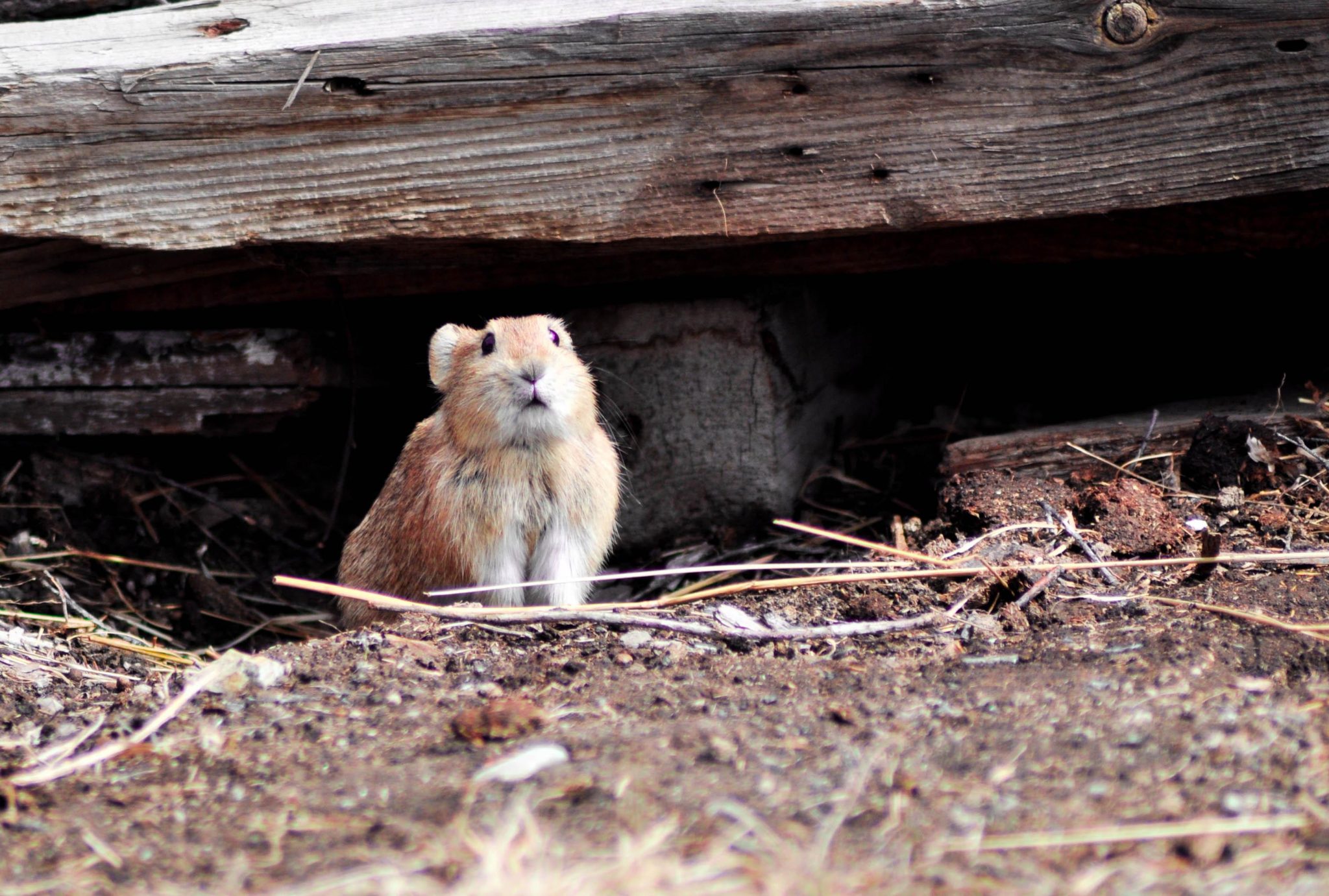How to keep mice away from your car and other vehicles

For a lot of rural dwellers having seasonal vehicles — cars for summer roads and older, sturdier 4-wheel-drives for the winter months — is not uncommon. It’s also not uncommon for mice and other rodents to take up residence in vehicles during the
Unfortunately, these tiny, furry critters are capable of wreaking havoc on mechanical components and interior upholstery.
Which is why car owners need to be constantly vigilant to make sure mice and other rodents are not nesting in the myriad of small spaces and cavities in a vehicle.
“They certainly tend to enter a car looking for shelter from snow and rain,” said Griffin Dill, pest management professional with the University of Maine at Cooperative Extension. “They like to nest in the winter and cars and other vehicles offer ideal shelter for mice and small mammals because they have small spaces that provide shelter from the wind and protection from predators.”
Those spaces become even more desirable rodent real estate if a vehicle has been recently driven and those spaces around the engine are toasty warm.
“Mice can really find that quite inviting,” Dill said.
What do mice do to a vehicle?
Once inside a vehicle, mice and other small mammals can become more than a simple nuisance, they can create dangerous situations.
“They can get into the engine and chew up wires,” said mechanic Kassey Michaud, owner of Madawaska Auto Parts-NAPA in Madawaska, Maine. “They also love to get into air filters and clog them up.”
Mice and other rodents will build nests or store food in spaces like air filters, Michaud said, often packing materials in so tightly they disrupt or block the airflow through the car’s filter and create vehicle performance problems.
“I’ve seen them get into the heater and blower units of a car,” Michaud said. “Then when you turn your heater on, little dusty pieces of the nest or their food fly out through the vents right at you.”
And while Michaud’s never seen it, online sites devoted to rodent control like JP Pest Services in New Hampshire do reference the danger of mice or other vermin chewing through a vehicle’s hoses that carry vital liquids like brake fluid, transmission fluid or coolant and causing leaks. These leaks can mean loss of breaks, steering or a vehicle’s overheating.
Do mice create a mess?
At the very least, mice or other rodents living in a vehicle can create a mess, according to Michaud.
“It will smell,” he said. “I had mice nesting in my plow truck and the first time I turned on the heater that winter the smell was bad enough it made me gag.”
That unpleasant smell is the result of the animals’ waste accumulating in the engine, in vents and even in the upholstery as they chew their way in to make nests in the seats or carpeting.
Smells are also created by the rodents’ food caches of seeds, nuts and other edibles they gather and store in a car’s crevices.
How can you keep mice from getting inside a car?
The best defense against a rodent carjacking is a good offense, according to Dill.
“Parking your cars in a secure, mouse-proof garage is ideal,” Dill said. “But a lot of us don’t park our cars there and sometimes if it’s a vehicle we don’t use all the time, it’s parked next to a garage or away from a building in tall grass.”
That, Dill said, simply puts a vehicle smack in the middle of mouse habitat.
“Areas like that make your car really vulnerable,” he said. “Once you place it in or near their natural habitat it becomes quite inviting.”
Mice can squeeze through openings as small as the diameter of a pencil, Dill said and they will take advantage of any entry point into a parked car.
“Areas around vents, the steering column and pedals allow access to the interior of the car,” he said. “And most areas of the engine block are also accessible.”
Once the presence of mice is detected Dill said traps or toxic bait can be used to control or eradicate them.
To prevent more mice from moving in, Michaud said he swears by Bounce dryer fabric sheets.
“I put those between the seats of a vehicle or seat cracks in a [stored] boat,” he said. “They don’t seem to like the smell and ever since I started doing that I’ve not had any problems with mice.”
But Michaud did say it’s a good idea to regularly check a vehicle’s air filters to make sure a rodent has not snuck in, despite traps, poison or dryer sheets.
Dill said in addition to cars boats, lawn mowers, snowmobiles and all terrain vehicles can be damaged by mice and should be checked regularly.
And while he has never personally had a mouse-vehicle issue, he did say he is familiar with what they can do.
“At our old [Extension] office we had this chipmunk that loved to climb into parked cars,” he said. “But he did not make the move to our new office, so I can only guess he’s someone else’s problem now.”
